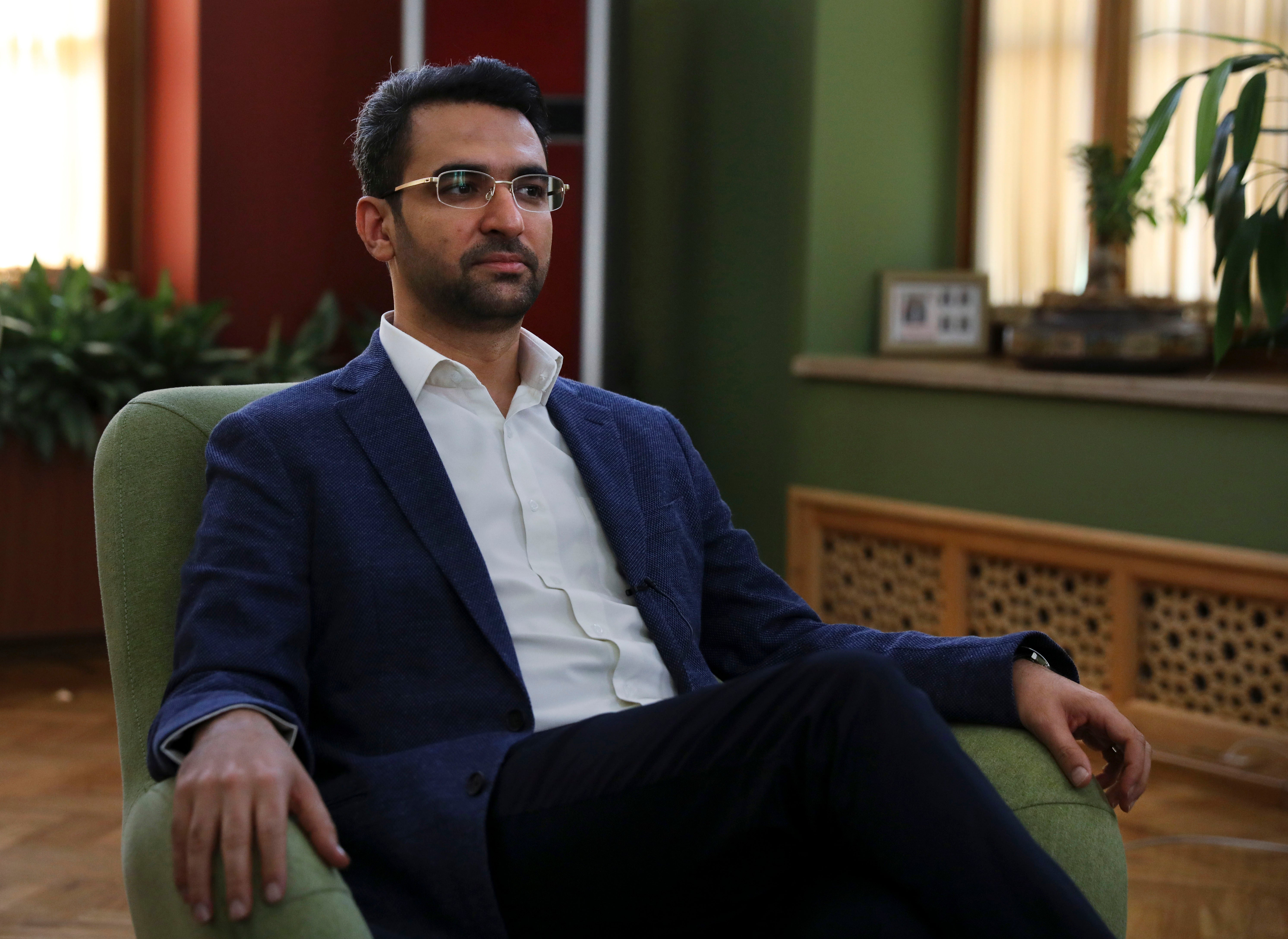Iran’s telecom minister appears before prosecutor
State TV is reporting that Iran’s judiciary has released the country’s telecom minister on bail after he was summoned by Iran’s general prosecutor

Your support helps us to tell the story
From reproductive rights to climate change to Big Tech, The Independent is on the ground when the story is developing. Whether it's investigating the financials of Elon Musk's pro-Trump PAC or producing our latest documentary, 'The A Word', which shines a light on the American women fighting for reproductive rights, we know how important it is to parse out the facts from the messaging.
At such a critical moment in US history, we need reporters on the ground. Your donation allows us to keep sending journalists to speak to both sides of the story.
The Independent is trusted by Americans across the entire political spectrum. And unlike many other quality news outlets, we choose not to lock Americans out of our reporting and analysis with paywalls. We believe quality journalism should be available to everyone, paid for by those who can afford it.
Your support makes all the difference.Iran's judiciary released the country s telecom minister on bail Wednesday after he was summoned for prosecution by Iran's general prosecutor state TV reported.
The state media outlet quoted Jamal Hadian, a spokesman for the telecommunications ministry, as saying Mohammad Javad Azari Jahromi appeared before a prosecutor Wednesday, was released and had already returned to his office.
The office of the general prosecutor had summoned Jahromi for prosecution over his refusal to block Instagram and other foreign social media messaging systems, according to earlier reports. It was unclear how much bail money Jahromi posted or when he might have to appear again.
The move was seen as part of the push and pull between hard-liners and President Hassan Rouhani's moderate administration ahead of June presidential elections.
Jahromi, Iran’s information and communications technology minister, is a possible contender in the election. He worked for the Intelligence Ministry before taking his current position.
The Iranian government has long blocked access to many websites and social media platforms, from YouTube and Facebook to Twitter and Telegram. But many Iranians, mostly youth, access them through VPNs and proxies. Instagram and WhatsApp remined unblocked.
Many hard-liners view the country as fighting a cultural “soft war” against Westernization.